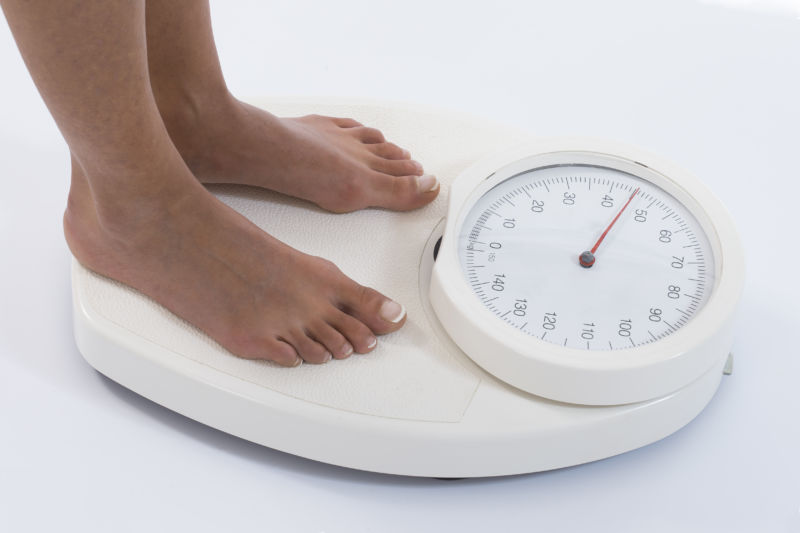
Children as young as 12 with obesity should now consider taking weight loss drugs, and those as young as 13 with severe obesity should consider metabolic or bariatric surgery, according to aggressive new guidelines released Monday by the American Academy of Pediatrics.
The new guidance marks the first time the AAP has recommended weight loss drugs for childhood obesity. Overall, the medical group is urging immediate, intensive action to get ahead of childhood obesity and overweight before the complex conditions lead to long-term health problems, such as cardiovascular disease and diabetes.
“There is no evidence that ‘watchful waiting’ or delayed treatment is appropriate for children with obesity,” said Sandra Hassink, an author of the guideline and vice chair of the AAP’s Clinical Practice Guideline Subcommittee on Obesity, said in a statement. “The goal is to help patients make changes in lifestyle, behaviors, or environment in a way that is sustainable and involves families in decision-making at every step of the way.”
Obesity and overweight have long been stigmatized as simple conditions driven by personal choices. But in reality, the AAP points out, they are complex medical conditions that involve combinations of genetic, physiologic, socioeconomic, and environmental factors.
“Weight is a sensitive topic for most of us, and children and teens are especially aware of the harsh and unfair stigma that comes with being affected by it,” said Sarah Hampl, MD, a lead author of the guideline, said in a statement. “Research tells us that we need to take a close look at families—where they live, their access to nutritious food, health care, and opportunities for physical activity—as well as other factors that are associated with health, quality-of-life outcomes and risks.”
The AAP defines the condition of overweight as having a body-mass index (BMI) at or above the 85th percentile to 95th percentile. Obesity is defined as having a BMI at or above the 95th percentile, and severe obesity is defined by a BMI at or above 120 percent of the 95th percentile for age and sex.
In addition to recommendations related to weight-loss medications for obesity and surgery for severe obesity, the guidance includes recommendations for motivational interviewing and intensive health behavior and lifestyle treatment. The AAP also recommends that pediatricians evaluate children with overweight, obesity, and severe obesity for lipid abnormalities, high blood pressure, signs of pre-diabetes or diabetes, and mental health conditions. The guidance discusses the increased risk children face due to special health needs, low socioeconomic status, and structural racism.
Last month, the US Centers for Disease Control and Prevention extended the growth charts for children and adolescents (aged 2 to 19 years) to track growth and treatment of children with severe obesity.
“Childhood obesity is a serious and increasing problem in the United States,” Karen Hacker, director of the CDC’s National Center for Chronic Disease Prevention and Health Promotion (NCCDPHP), said in a statement at the time. “The Extended BMI-for-Age Growth Charts allow clinicians to track growth and visualize high BMI percentiles with families.”
Before the pandemic, obesity affected about 14.7 million children and adolescents. The pandemic made things worse. According to a CDC study published in 2021, the rate that BMIs in children and adolescents were increasing doubled during the pandemic compared with pre-pandemic years. Those most affected by the increase were children and teens with overweight or obesity, and younger school-aged children.
https://arstechnica.com/?p=1908772

